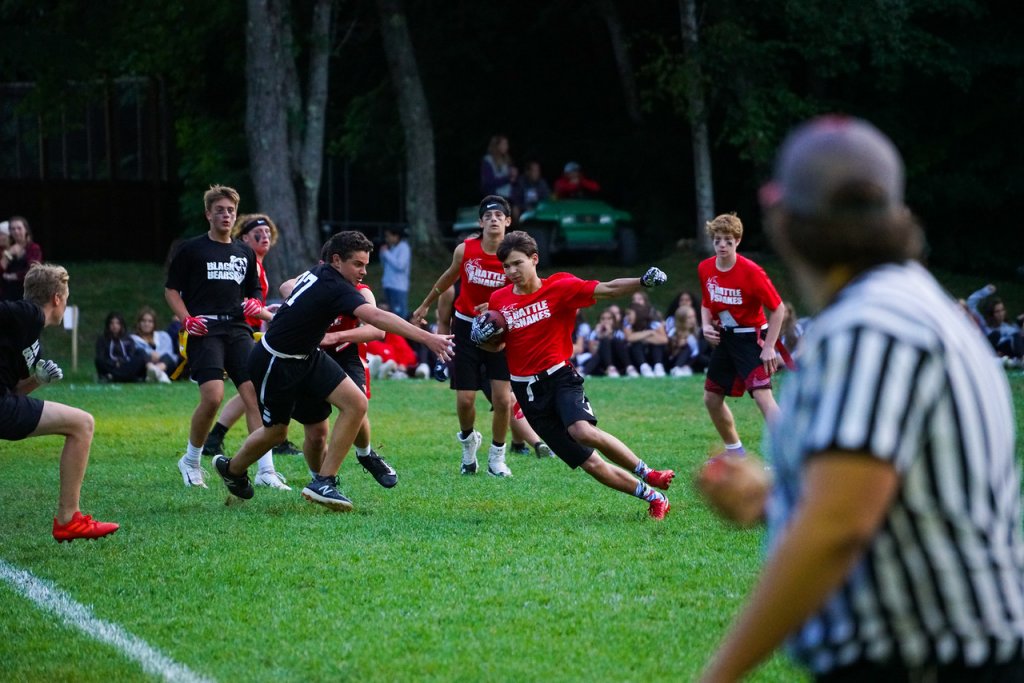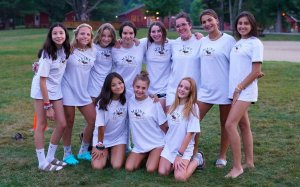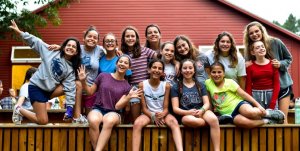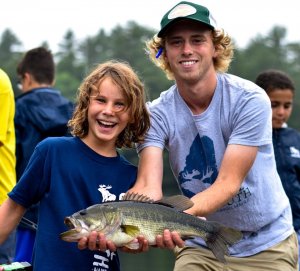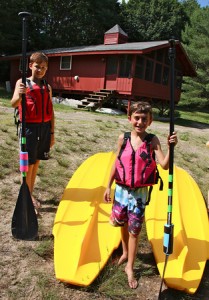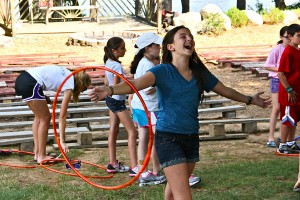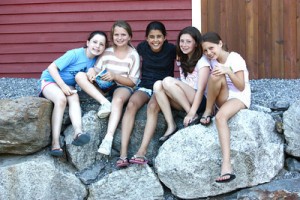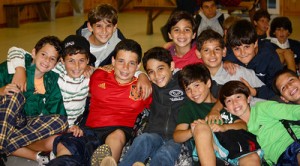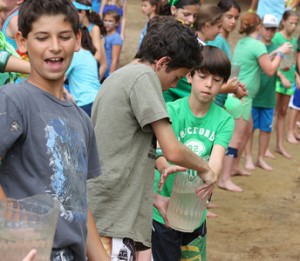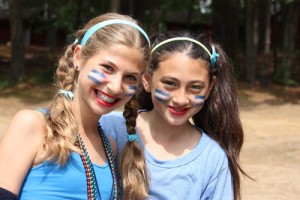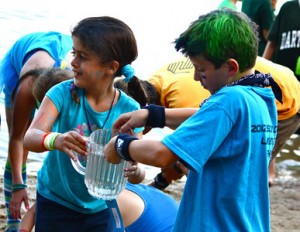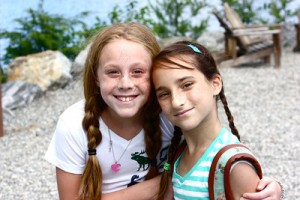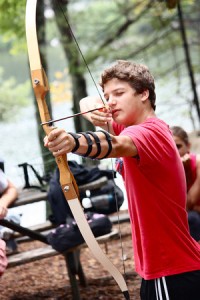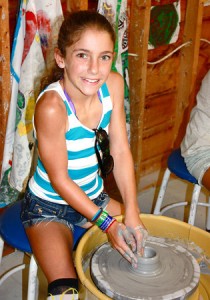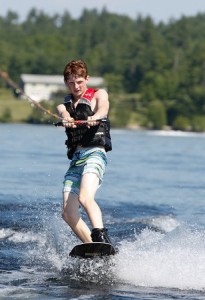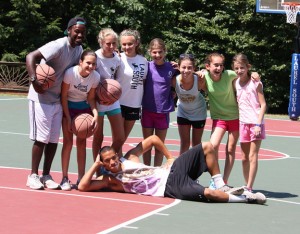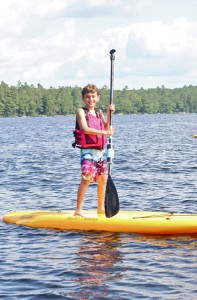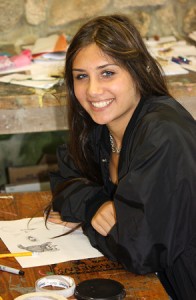 We hope everyone is staying healthy and safe. We came up with a list of fun Laurel South activities that can be done to keep things interesting. We’d also love to hear the at-home ideas our Laurel South family is up to in the comments below!
We hope everyone is staying healthy and safe. We came up with a list of fun Laurel South activities that can be done to keep things interesting. We’d also love to hear the at-home ideas our Laurel South family is up to in the comments below!
Scavenger Hunt
Scavenger hunts are one of the many team-building activities we utilize when camp opens to create a great community with awesome communication. Want to make it fun while also being productive? Get your camp duffels out and set up clues for items your campers will bring to camp. The duffel can be home for the clues and items they find around the house. This is a great way to generate excitement for camp.
Backyard or Indoor Camping
Nothing beats being with friends in the great outdoors. And now is a great time to ease into the world of outdoor camping by setting up a tent in the yard or living room. Don’t have a tent? Make a fort with blankets and pillows. A fun activity for parents and children, this can easily be modified by setting up a digital camp hangout with your friends. It’s also the perfect excuse for some Indoor S’mores!

Change the Channel
Change the Channel is a theatre game that’s stood the test of time because it relies on imagination and improvisation. Setup is simple: start with two or more actors and one director. The director gives the actors a scene (like waterskiing on Crescent Lake with a boat driver and skier). At any time, the Director yells ‘Freeze!’ and trades places with one of the actors who then becomes the director and sets up a new scene with the frozen actors before calling out ‘Action!’
Write Letters
Camp is the best place for pen pals. And now is the perfect time to reach out to your camp friends, grandparents, cousins, aunts and uncles as an old school (or digital) pen pal. As a (massive) bonus, this will help your campers get into the habit of writing before camp starts, netting parents some extra letters when the temperature heats up!


